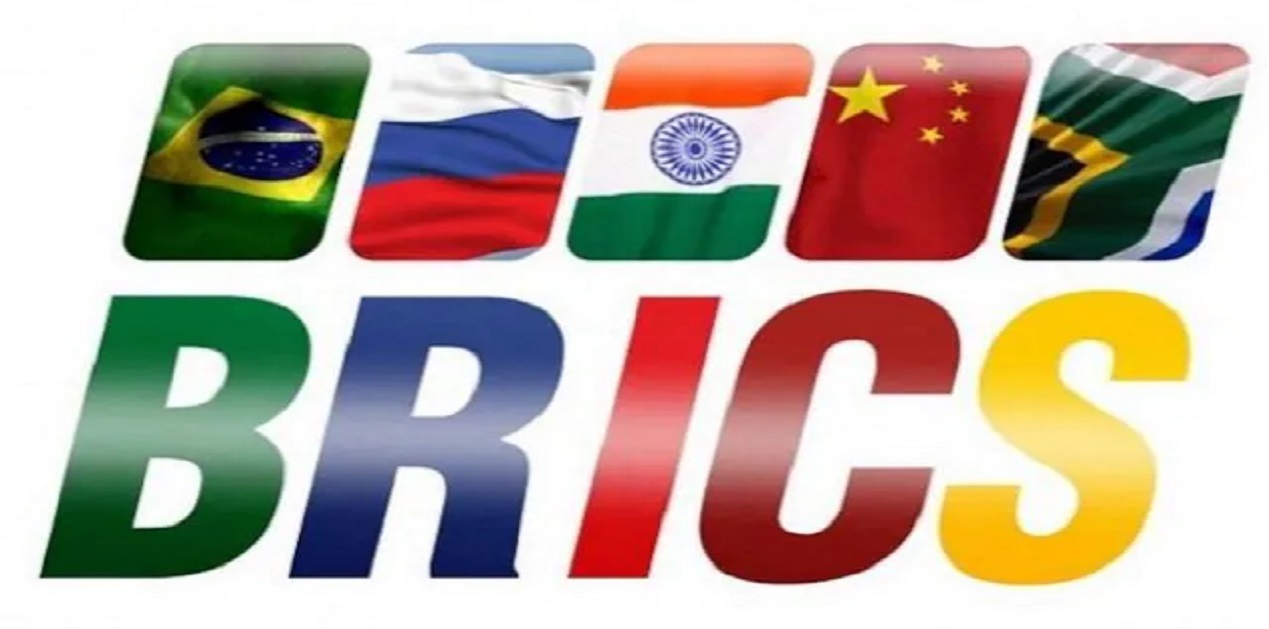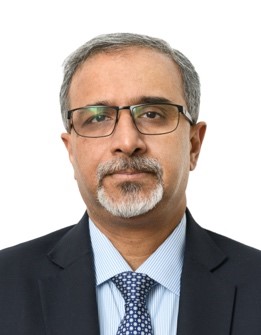The 14th BRICS Summit hosted by China on 23th-24th June 2022 was attended virtually by the leaders of the five BRICS countries including Indian Prime Minister Narendra Modi. There were a series of preparatory meetings prior to the summit, covering a broad and diverse agenda of cooperation that has been built up over the last 16 years. A 75 paragraph Beijing Summit Declaration was issued, which updated BRICS positions on a range of issues: strengthening global governance, addressing the Covid pandemic, promoting peace and security, economic revival, 2030 Social Development Goals and people-to-people contacts amongst BRICS countries. The BRICS Summit in 2023 will be hosted by South Africa.
Prime Minister Modi participated in the three main summit events. In a keynote speech at the BRICS Business Forum on 22 June, Prime Minister called on the BRICS business community to promote cooperation in technology-based solutions for addressing social and economic challenges, start-ups, and MSME’s. He appreciated the work of the BRICS Business Council and BRICS Women Business Alliance during the COVID-19 Pandemic.
During the leaders’ Summit on 23 June, Prime Minister called for BRICS cooperation in keeping with the original vision of strengthening economic cooperation and reforming global governance. He suggested establishment of an Online Database for BRICS documents, BRICS Railways Research Network, and strengthening cooperation between MSMEs of BRICS countries. A BRICS Start-up event will be held in India later this year.
At the BRICS outreach event on 24 June, our development partnership with countries of Africa, Central and South East Asia, Pacific and Caribbean was highlighted. The MEA press release gave details of our positions, including focus on a free, open, inclusive, and rules-based maritime space; respect for sovereignty and territorial integrity of all nations from the Indian Ocean Region to Pacific Ocean; and reform of the multilateral system as large parts of Asia and all of Africa and Latin America have no voice in global decision-making. Prime Minister noted the importance of circular economy and the Lifestyle for Environment (LIFE) campaign.
The BRICS Summit was held against the background of a complex and worsening international situation – the Covid Pandemic and the Russia-Ukraine War which has now become a more pervasive conflict between Russia and the West. The India- China border standoff in Ladakh is now into its third summer. Relations between US and China have also worsened during the past year. Given the intense churn in the international system it is natural to question the relevance or effectiveness of BRICS for India and more broadly for international relations for the coming decades.
The original promise of BRICS was predicated on the expected high growth of individual BRICS countries – anticipated over two decades ago by influential Goldman Sachs reports. This would have provided a stepping stone for an alternative global narrative on economic and trade issues. However, the emergence of BRICS as an influential global grouping has been impeded by the disappointing record of overall growth in BRICS countries, with only India and China showing reasonable economic growth but less than in previous years.
Along with the Covid related economic slowdown in the global economy and the increasing weaponization of global interdependence, particularly through the sweeping sanctions imposed on Russia prior to and following its military intervention in Ukraine, political considerations now dominate economic issues. These politically determined measures, amongst a small group of countries- essentially the US and its allies - have sought to be imposed on the broader international community, reflecting the gross imbalance in global decision-making. With the comforting certainties of the old Bretton Woods system fading away, BRICS should step up to the plate in devising risk management measures to make them less vulnerable in the future.
Thus far these sanctions have not been able to change Russian military calculus in Ukraine but have been hugely disruptive on the global economy, with vast and still expanding circle of collateral damage, in particular in fuels, food, fertilizers and commodities (F3C). Neither the G7 nor the EU have been able to come to grips with the trail of destructive forces that have been set in motion by the Russian military intervention and the follow up measures taken by the West in its wake.
The BRICS Summit did not show a way forward on the Ukraine conflict. Russia did not expect nor was able to secure BRICS endorsement for its military actions. The fact that BRICS has enough internal space for individual country positions to be reflected; unlike other forums with group think tendencies is a sign of its strength. BRICS is not yet in a position to address major international challenges at one go; but its ability to handle a plurality of internal opinions will prove to be its strength in the long run.
Divisive as they are, the Russia-West or the US- China conflict cannot be allowed to be the sole or defining reference points for the global outlook of BRICS as a grouping. However difficult, BRICS should acquire its own mind and soul. BRICS is now the only forum with a pan global intellectual footprint – ranging from Asia, Africa, Europe and Latin America and should contribute to a new global discourse that is representative, hubris-free and forward looking. The proposed BRICS think tank forum could spell out long term goals that move beyond instinctive anti-Westernism or being a blind camp-follower of the West. The social and civilization ethos of the BRICS countries, even if sometimes competitive, should find reflection in the global discourse.
Despite doubts about BRICS expressed in some sections of our strategic community, particularly those enamoured by our engagement with Quad, India’s continued engagement with BRICS is a welcome demonstration of pragmatism in our foreign policy. Choosing ‘different forks for different dishes’ is always a good principle in international relations. BRICS may not have the glitter of other forums, or provide instant solutions for global problems such as Climate Change or for our immediate security challenges with respect to China. But it gives India an international platform that allows it to keep a watch on its peer competitor - China, preserve its long-standing relations with Russia in increasingly difficult circumstances and draw on the vitality and increasing relevance of Africa and Latin America through the presence of South Africa and Brazil. Differences and nuances will be part and parcel of BRICS discourse – say on expansion of the UNSC, but that should not deter us from using the grouping for pursuing our own interests. Rather than being bogged down by the deep differences with China, when our global engagement is able to transcend them, it will be a seen as a mark of our diplomatic strength. The BRICS, apart from SCO and G20, are platforms for testing this standard of diplomatic practise.
BRICS has survived many predictions of its imminent demise. It has muddled through some difficult years. Its fortunes may yet see a rebound, given a new activism in South Africa, including on food security and vaccines and the expected return of Brazil next year under a new President to a more globalist foreign policy. A number of influential regional states are interested in seeking full membership. BRICS is invaluable diplomatic real estate. Turning our back on BRICS would amount to conceding space to China. Future expansion of BRICS should follow only after a thorough discussion on criteria for new membership-on whether it would add value to the future vitality of the group.
Our BRICS engagement has increased our international diplomatic weight while adding to leverage in forums such as Quad, G7 Partnership, G20, WTO, WHO and others, consistent with our national interest. In other words, it’s an exercise in our strategic autonomy, which should continue to be the guiding principle of our engagement with outside world. BRICS agenda has moved at a slow pace but having survived drift and disinterest, including on our part, the troubled international situation may provide yet again a new opening for the group to prove its relevance. This will be a long game. We should be patient and clear headed in pursuing our interests.
(The paper is the author’s individual scholastic articulation. The author certifies that the article/paper is original in content, unpublished and it has not been submitted for publication/web upload elsewhere, and that the facts and figures quoted are duly referenced, as needed, and are believed to be correct). (The paper does not necessarily represent the organisational stance... More >>
Image Source: https://bsmedia.business-standard.com/_media/bs/img/article/2021-09/06/full/1630918352-2571.jpg?im=Resize,width=640











Post new comment